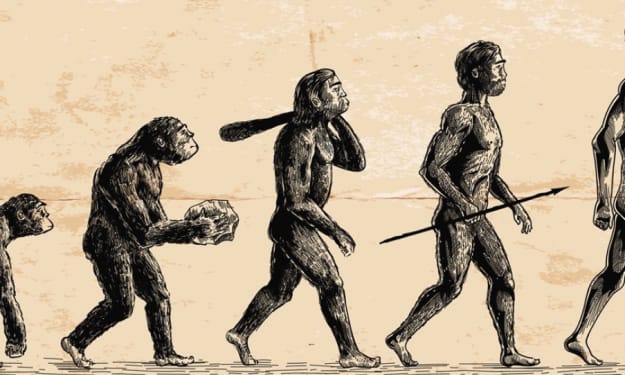Welfare is Care
Universal Credit is a psychological workhouse

Millions in Britain are going without the essentials. The purpose of a welfare system is to prevent poverty and hunger. However, poor policy choices motivated by austerity have hit minority groups the hardest, with the most vulnerable being children and disabled people.
As of 2022, 4 in 10 people are living in poverty, and this number is increasing. The UK has had (some form of) an welfare system since the introduction of the Elizabethan Poor Law (1601).
In five centuries, Britain has yet to combat poverty, hunger and homelessness. Despite various reforms on welfare; from opening of workhouses (New Poor Laws, 1834) to introducing a child benefit under the Family Allowance Act (1945).
In 2013, the Conservative government introduced Universal Credit (UC) with the idea it would simplify legacy benefits. In July 2023, it was reported that 14.4 million people are living in poverty. 4.2 million British households are going without the essentials, with 58% reporting not to have enough money for food.
Britain is failing to provide for the bare minimum.
Furthermore, 6.l million people are in receipt of UC. Those who are working are about 38% of all recipients. 29% of people have a health condition or a disability that restricts their ability to work. Poverty, hunger and homelessness are increasing.
The current welfare system fails to provide the most basic needs of survival, leaving little incentive to work. Encouraging only passive behaviour, rather than increase work productivity.
Universal Credit is a psychological workhouse, and drastic reform is urgently needed.
Studies have shown that Universal Basic Income (UBI) could solve rising costs, poverty, and hunger. As it aims to provide a stable financial floor for anyone regardless of socio-economic status. However, concerns raised suggests it could potentially be an economic disaster that widens the wealth gap rather than closes it.
Nevertheless, UBI trails have shown fairly promising results across the globe. Revealing that when people do not have to worry about food and rent, they feel motivated to work and are more likely to find a better job.
It also enables people to re-train in a field that won’t be affected by AI. Positively easing the NHS and mental health services, decreasing consumption and poor environmental practices and reducing crime.

If the government wants more people working, including disabled people, first, they need to create a less hostile working environment that is accessible and accommodative.
Second, they need to acknowledge that the pandemic was a mass-disabling event and more people need support, not to be force into work where it will mkae them more ill. As there is no evidence that supports the idea that work makes you well.
Finally, in terms of disability, disabled people should be in charge of disabled people. Disability charity Scope reported that additional costs for disabled people are roughly £1200 a month, while Personal Independence Payment (PIP) is about less that half of this.
Sunak is evidently pitting working people against disabled and vulnerable people. He speaks of morals yet lacks them entirely. The UK is calling for reform but not like this. We must consider UBI as an alternative. Conduct more research by beginning small trials and make it synonymous with patriotism.
A state is not thriving if a growing population is barely surviving.
________________________________________________
I wrote a more in-depth essay on UBI in 2021, you can read it here:
Thank you for taking your time to read my work. It means a lot to me, and I really appreciate every like and comment.
If you like what I do, feel free to leave a tip, show some love and don't forget to subscribe!
And as always;
Stay safe, stay hopeful and stay blessed! :)
About the Creator
Rosie J. Sargent
Hello, my lovelies! Welcome, I write everything from the very strange to the wonderful; daring and most certainly different. I am an avid coffee drinker and truth advocate.
Follow me on Twitter/X @rosiejsargent97
Reader insights
Outstanding
Excellent work. Looking forward to reading more!
Top insights
Easy to read and follow
Well-structured & engaging content
Expert insights and opinions
Arguments were carefully researched and presented
On-point and relevant
Writing reflected the title & theme






Comments (2)
Well written, and shows the draconian Victorian society we are slipping into. We as disabled people are marginalised and bullied enough for being disabled and the stigma is tangible.
Well stated, Rosie! I must admit, I've been out of touch with the situation in the UK and this is quite a wake-up call.